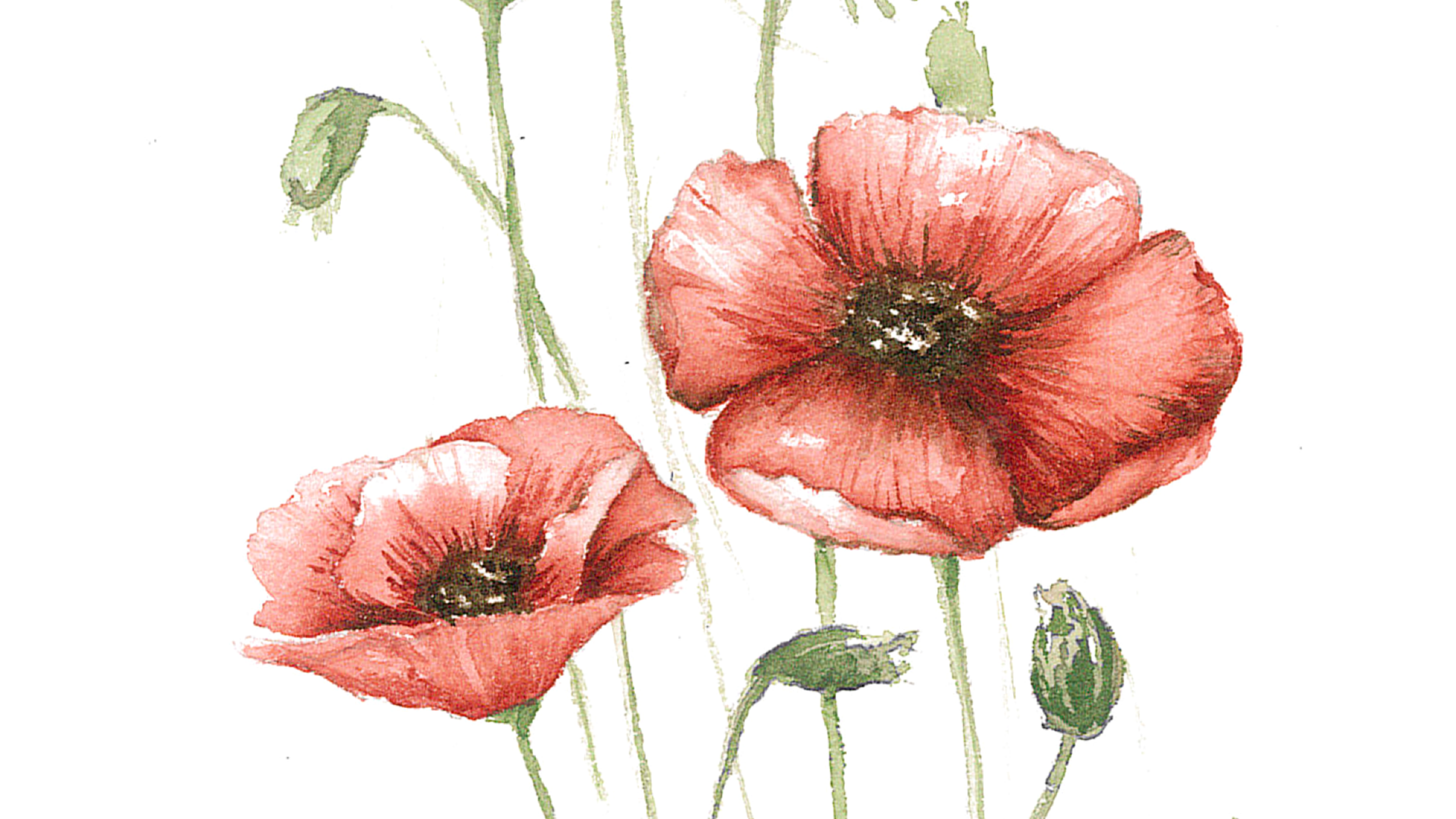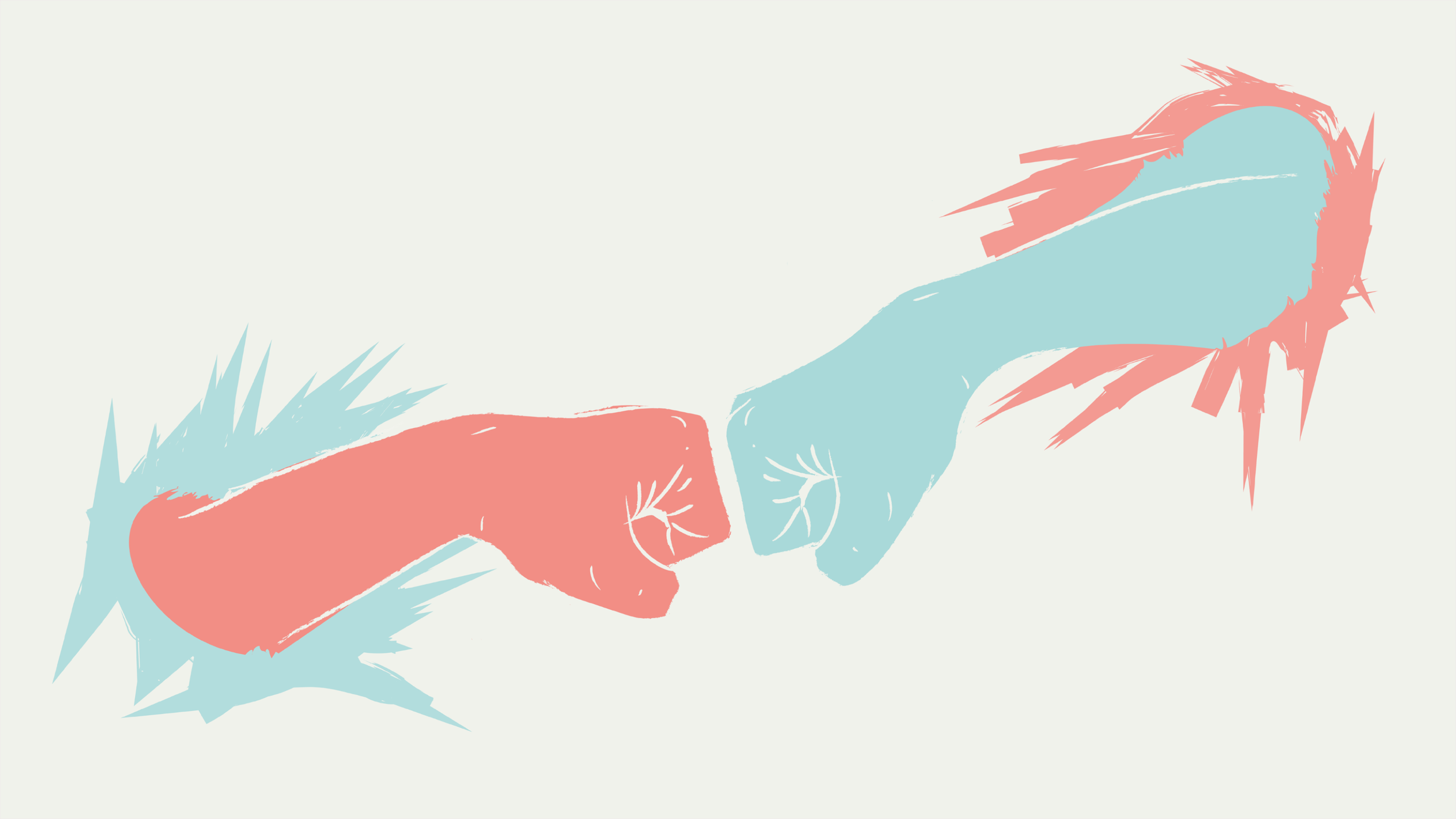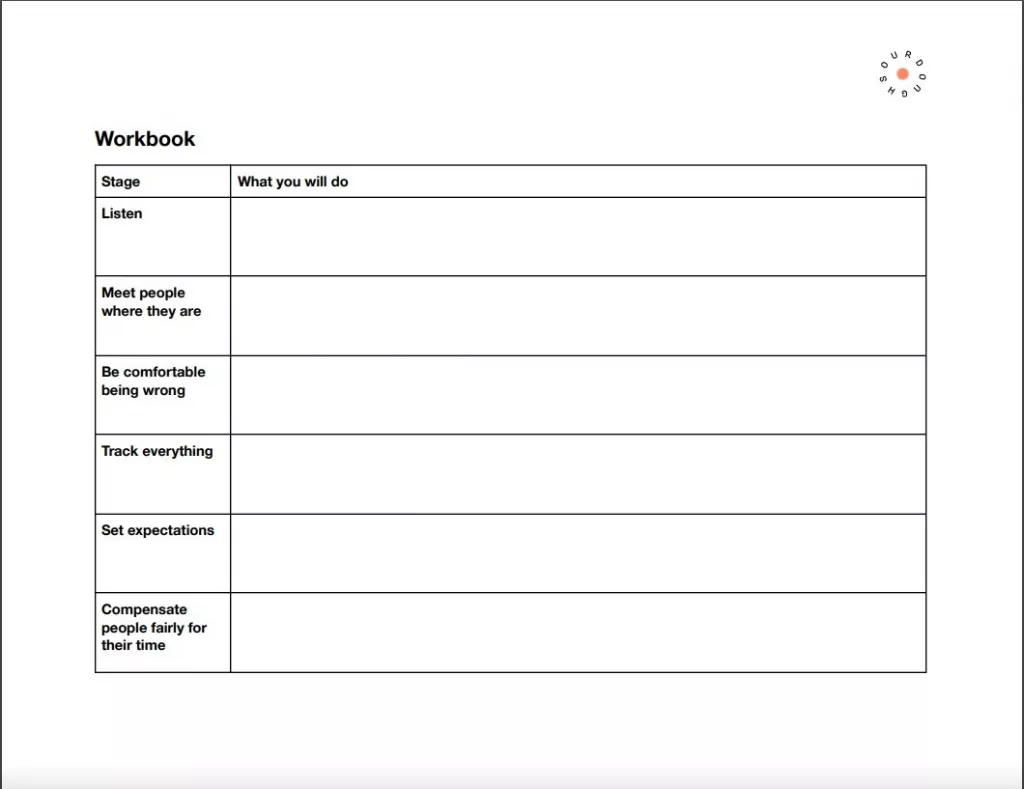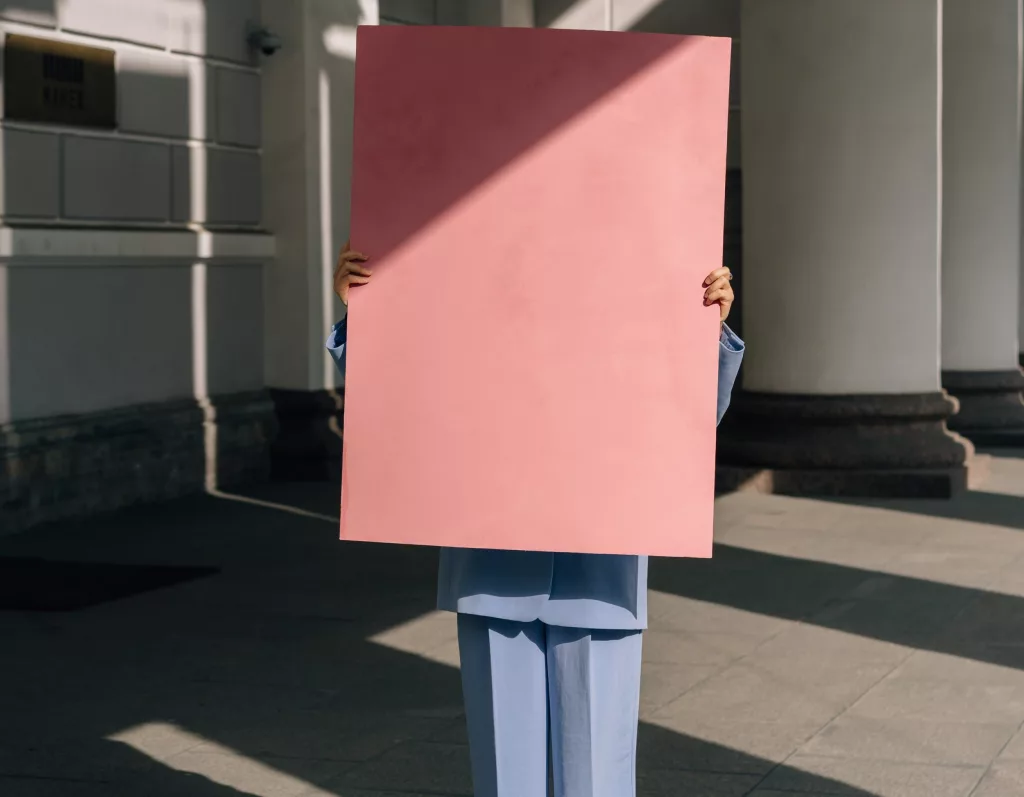

Sourdough is a collective study program that explores the many ways to decolonize art practises to radically imagine culture and society as they should be.
Established in 2018, Sourdough is powered by Artengine and managed by Mariam Zohouri, Remco Volmer and Zainab Muse.
This report is an overview of Sourdough’s community engagement and programming efforts to date. At the time of this report’s publication, our team has engaged with dozens of grassroots leaders representing groups that are Indigenous, racialized, from the 2SLGBTQIA+ community and artists with disabilities.
By sharing what we’ve learned along the way, our hope is to inspire and offer ideas for how other leaders can meaningfully engage and support historically marginalized artists in Ottawa and beyond.
Sourdough acknowledges that its main operations take place on the traditional, unceded and unsurrendered territories of the Algonquin Anishinabe Nation whose presence here reaches back to time immemorial.
We encourage you to take time to learn about the lands you occupy, and explore this Indigenous Ally Toolkit by the Montreal Urban Aboriginal Community Strategy Network.

Grassroots Leaders

Co-creation Sessions

Hours of Conversation
A digital and in-person catalyst for collective ideation and learning, where industry professionals and artists exchange information and ideas. This includes: learning series, workshops, masterclasses, networking events and all other formats for knowledge exchange, using mediums like in-person/online events, podcasts, video and digital publications.
A community of arts organizations and cultural influencers serving the needs of historically marginalized artists. Through mutual collaboration, guidance and paid engagement, they ensure Sourdough’s programs are accessible, inclusive and valuable to historically marginalized artists.
An incubator for creative exploration and peer-learning around themes of shared urgencies in society, in order to re-imagine a more inclusive future from an artistic point of view. Each program cycle runs for three months and invites artistic initiatives led by historically marginalized artists.
Because gallery managers are responsible for curating the art that is shared with the public in their space. They determine what pieces of art are worthy of display and engagement with society.
When we exclude historically marginalized artists from these spaces, we risk erasing their histories, experiences and contributions to our culture.
But if we do create space for a diversity of perspectives, we can come up with new and innovative ways to approach our arts, culture and society, where all can feel represented, included and engaged.
This is what motivates the core of our work, to empower historically marginalized artists at Sourdough.
– M
Left to Right: M and Analisa speak on the Sourdough Panel at Artpreneur 2021
In 2021, our team worked closely with…
Left to Right: M, Analisa, Jacqui, Nickie and Mariam speak on the Sourdough Panel at Artpreneur 2021
Appreciate the power of art to mobilize social action.
Transform community partners into long-term friends.
Lead truly collaborative community engagement sessions.

The institutional systems in which much of the arts operate are legacies of modernist European ideas. Many of these no longer adequately reflect or respond to the concerns and needs of our time.
But it’s not that we need better institutions. If we look beyond legacy arts programs, we can work towards a diversity of methods and models of knowledge and values.
We can start by viewing art not only as an individual practice, but also as a method for a collective study-into-action, towards a more generous future.
It is important to care deeply about the communities you wish to support—to transform them into long-term partners and friends.
We did this by:
Fostering a process of reciprocity, where we learned as much as we shared.
Learning from existing practices in each community and identifying how we could contribute rather than duplicate their work.
Launching our Starter Circle Community, a group of art collectives and organizations representing the interest of five historically marginalized art groups: 2SLGBTQ+, Disability groups, Indigenous Communities (First Nations, Inuit and Métis), Racialized Groups and Women.

To collaborate with trusted leaders to ensure your programs are accessible, inclusive and valuable to historically marginalized artists, you must:
Listen, validating their experiences, and confirming your understanding of what they share.
Be comfortable getting things wrong, because your proposals might not align with their needs.
Track everything, from the last time you spoke, their preferred method of communication, to what they’re working on and where you can help.
Set expectations, being clear about what you’re looking for and can offer in turn.
Compensate people fairly for their time, because their insight is critical to the success of your work.
Mariam speaks on the Sourdough Panel at Artpreneur 2021

2021 was a year of connecting, reflecting, and co-creating with community partners who are committed to supporting historically marginalized artists.

Are you working on or have an idea for a project that is artistic in nature? Does this project also help support and advance a historically marginalized community?
If so, our Residency Program is for you.
Over three months, you’ll join fellow impact-driven creatives once a week for creative exploration and peer-learning. You’ll also receive a stipend to support your initiative.
P.S. Even if you’re not one-hundred percent sure that this program is for you, reach out. We’re happy to answer any questions you have, and support you through our application process.
Jacqui speaks on the Sourdough Panel at Artpreneur 2021